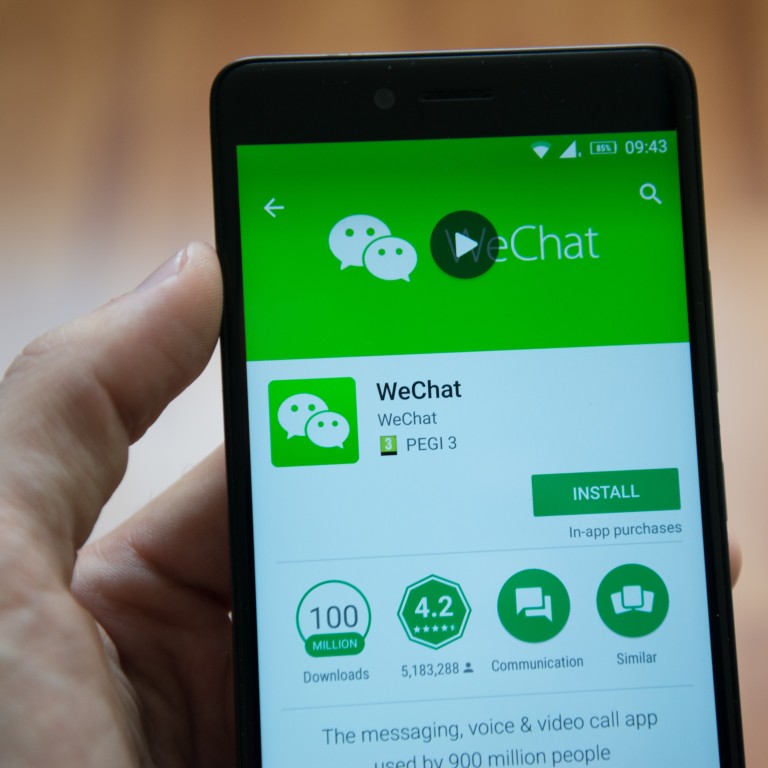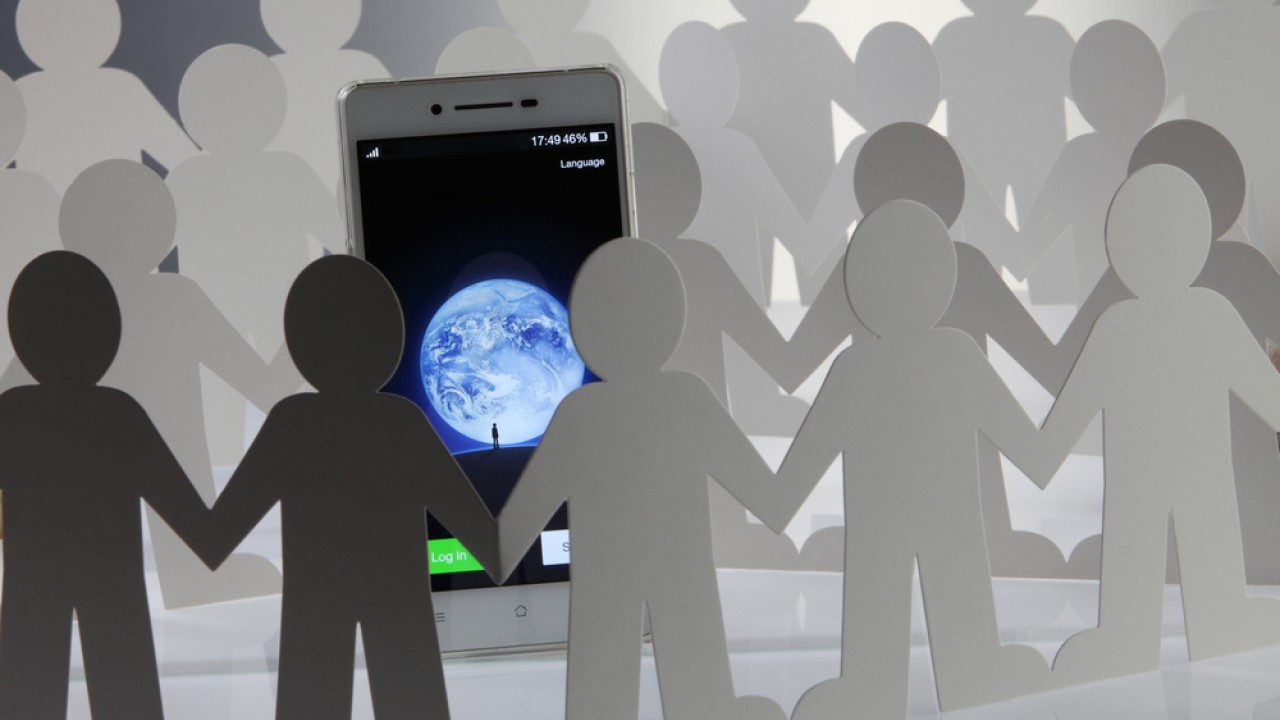
Tencent’s WeChat cuts off service in India amid the country’s ban on Chinese apps
- The stakes are high for Tencent to comply with the ban because at least 10 of the internet giant’s apps have been blacklisted in India
- The ban came on the back of online protests calling for people in India to boycott a range of Chinese-made goods, from apps to smartphones
Tencent and other Chinese app operators have had no option but to fall in line with India’s ban, at a time when they also find themselves under increasing pressure from the Trump administration in the US over privacy and censorship issues.
India on Monday banned 47 more Chinese apps after blocking 59 others over privacy and national security concerns, according to an information ministry official and media reports.
“Pursuant to Indian law we are unable to offer you WeChat at this time,” said a notice sent by WeChat on Saturday to an undetermined number of Indian users, who were unable to log into the app.
“We value each of our users, and data security and privacy are of utmost importance to us,” the notice said. “We are engaging with relevant authorities and hope to be able to resume service in the future.”

03:08
India bans dozens of Chinese apps, including TikTok and WeChat, after deadly border clash
Some affected Indian users reached out to WeChat’s Twitter account for help.
A Twitter user with the handle @jaysuyani, who claims to be a seafood exporter from India, said he was “very disappointed” about WeChat’s service cut-off. “All my clients are using WeChat and in that application we can also translate if they type in any language. [That cannot] be done in WhatsApp,” the user wrote in a string of tweets.
WeChat and Tencent declined to comment on Monday, providing no information beyond what was on the notice.
Around 23 per cent of internet users in India have used WeChat, a survey by research firm GlobalWebIndex last year showed. India had 687.6 million internet users at the end of January, according online statistics portal Statista.

02:28
WeChat: an app that runs apps including a fake news debunker
Late in June, India’s Ministry of Electronics and Information Technology issued an interim order banning TikTok, WeChat, UC Browser, Baidu Map and dozens of other China-based apps, citing information that these apps “are engaged in activities which are prejudicial to the sovereignty and integrity of India, defence of India, security of state and public order”.
The ban came on the back of online protests calling for people in the vast South Asian country to boycott a range of Chinese-made goods, from apps to smartphones, after a deadly skirmish between the Indian Army and Chinese troops along the two nations’ disputed Himalayan border on June 15.

